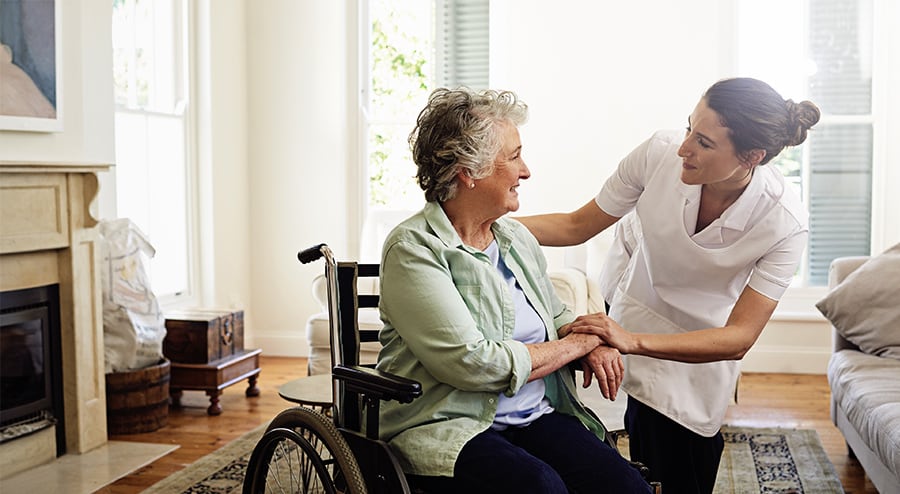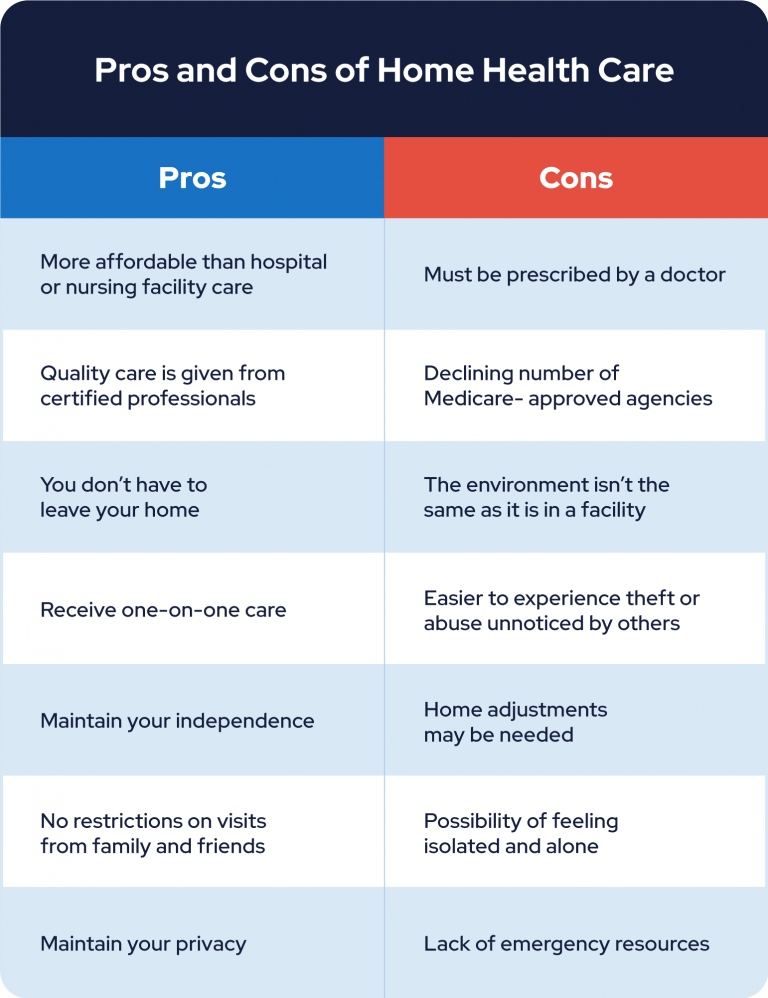
Albuquerque's home care is able to offer seniors scenic and recreational options, as well as a mild climate. Many local resources promote independent living and comfort for retirees. These resources can provide information on costs and the services of Albuquerque-based home care. This guide will provide you with comprehensive information about Albuquerque’s homecare system. This guide will provide all the information you need in order to make informed decisions about the care you require.
Companion care by Comfort Keepers
Comfort Keepers is an in home care company that provides senior citizens with high-quality care. Their caregivers possess a wealth of experience and are determined to help their clients stay independent. They help with daily activities, such dressing, bathing, and reading. They also offer medical services including diabetes care and colostomy support. These Albuquerque-based health agencies can accept self-pay as well as private insurance.
There are many services offered by the company, from companion care to higher-level personal care, as well as lower-level companion care. Prices vary, so it's important to call Comfort Keepers directly and ask for a quote. Clear explanations of fees are important to ensure clients receive the best care. Comfort Keepers also offers senior citizens discounts if they are able to keep their independence.

Addus Healthcare - Los Ranchos
There are many companies that offer home care in Albuquerque. The staff of Addus Healthcare - Los Ranchos provides regular housekeeping and light home care. Companion services such as transportation are also available. Each client is monitored by a registered nurse. To get the care you need, a consultation is necessary.
It is important that you know what to expect when looking into home care. Quality of Albuquerque care services varies widely. Many provide companionship as well as light housekeeping. Others provide assistance with washing and cooking. No matter which service option you choose, registered nurses will evaluate your loved-one's needs and match you with the right caregiver.
Mi Casa Home Health Care LLC
If you need home health care, Mi Casa Home Health Care LLC is a local, New Mexico-based home healthcare agency. The company provides caregiver services and home health aide, as well medical care and therapies. These services range from speech therapy and occupational therapy to physical therapy. They are a Medicare and Joint Commission-certified agency. Mi Casa Home Health Care LLC is a local agency that can provide home health care services.
The company has only been around for six months. The home health agency must report 5 of 7 measures of patient care. These include timely initiation, improvement in ambulation, bed transfer, and management oral medications. It is also required to report relapse rates at acute care hospitalizations as well as relapse.

Home Instead Senior Care
Home Instead Seniorcare in Albuquerques is 7th out 23 home-care agencies in the city. The company is ranked 9th within a 20-mile radius. It offers grants to assist clients with their care costs. A variety of services are offered by the company, including companionship, meal preparation, medication reminders, light housekeeping, and incidental transportation. The Foundation of the Company also offers financial assistance to non-profit organisations.
Home Instead Senior Care Albuquerques offers non-medical care in the privacy of your own home, unlike other home care services. Services include meal preparation, housekeeping, laundry, bed linens, and errands. Home Instead also offers transportation and Alzheimer's care for residents. It also offers hospice services, where caregivers can help their loved ones at home.
FAQ
What are the major functions of a system for health care?
The health care system should provide adequate medical facilities for people who need them at a reasonable cost while ensuring access to quality services by all.
This includes providing preventive health care, promoting healthy lifestyles, and appropriate treatment. It also includes equitable distributions of health resources.
What is an infectious disease?
Infectious diseases are caused by germs, viruses or parasites. Infectious disease spreads quickly when people come in close proximity. Mumps, rubella (German Measles), whooping cough, rubella (German Measles), measles and mumps are some examples.
How can I ensure that my family has access health care of the highest quality?
Most states will have a department for health, which helps to ensure that everyone has affordable access to health care. Some states also offer coverage for families with low income children. Contact your state's Department of Health to learn more about these programs.
What should you know about vaccines
Vaccines can be very effective and safe ways to stay healthy. Vaccines give you immunity to certain diseases. Vaccinations are usually given at specific times during childhood, adolescence, and adulthood. Your doctor can discuss the best time to get vaccinated.
What are the levels of health care facilities in each category?
The first level includes general practice clinics. These provide basic medical services for patients not requiring hospital admission. They may also refer patients if needed to other providers. This can include nurse practitioners, general practitioners, and midwives.
The second level is primary care centers which offer comprehensive outpatient care, including emergency treatment. These include hospitals.
The third level includes secondary care centers that offer specialist services like eye surgery, orthopedic surgery and neurosurgery.
Statistics
- Healthcare Occupations PRINTER-FRIENDLY Employment in healthcare occupations is projected to grow 16 percent from 2020 to 2030, much faster than the average for all occupations, adding about 2.6 million new jobs. (bls.gov)
- Over the first twenty-five years of this transformation, government contributions to healthcare expenditures have dropped from 36% to 15%, with the burden of managing this decrease falling largely on patients. (en.wikipedia.org)
- About 14 percent of Americans have chronic kidney disease. (rasmussen.edu)
- Consuming over 10 percent of [3] (en.wikipedia.org)
- The health share of the Gross domestic product (GDP) is expected to continue its upward trend, reaching 19.9 percent of GDP by 2025. (en.wikipedia.org)
External Links
How To
How to find home care facilities
Home care facilities assist people who require help at home. This includes elderly people who do not want to leave their homes, disabled people who cannot move around independently, and those who suffer from chronic illnesses such as Alzheimer's disease. These facilities provide personal hygiene, food preparation, laundry and cleaning services, as well medication reminders and transportation. These facilities often collaborate closely with social workers, rehabilitation specialists, and medical professionals.
The best way to find a home care service provider is through recommendations from friends, family members, local businesses, or online reviews. After you've identified one or two providers you can start to ask about their qualifications, experience, and references. Providers should be flexible in their hours so they can fit into your busy schedule. You can also ask if they offer 24-hour emergency service.
Ask your doctor or nurse to refer you. If you don't know how to search, try searching online for "home healthcare" or "nursing home". Websites like Yelp or Angie's List, HealthGrades and Nursing Home Compare are some examples.
To get more information, call your local Area Agency on Aging and Visiting Nurse Service Association. These agencies will have a list that lists local agencies that provide home care services.
Many home care agencies charge high rates for their services. This makes it important to find the right agency. Some agencies may charge 100% of a patient’s income. To avoid this problem, you should be sure to choose an agency that has been rated highly by the Better Business Bureau. Ask for references of previous clients.
Some states require home-care agencies to register with their state's Department of Social Services. Find out the requirements for agency registration in your area by contacting your local government.
There are many things you need to remember when selecting a Home Care Agency:
-
Be cautious of companies that require you to pay upfront in order to receive services.
-
Be sure to choose a reliable and established business.
-
For those who are paying out-of-pocket for insurance, make sure you have proof.
-
Make sure that the state licenses the agency you hire.
-
Ask for a written agreement outlining all costs of hiring the agency.
-
Confirm that the agency provides follow-up visits after discharge.
-
Ask for a list or certifications.
-
Sign anything without first reading it.
-
Take the time to read all fine print.
-
Insure and bond the agency.
-
Ask how long this agency has been around.
-
Verify the license of the State Department of Social Welfare for the agency.
-
Find out if there have been any complaints about the agency.
-
Call the local government agency that regulates homecare agencies.
-
Check that the answering service is certified to answer questions regarding home care.
-
Talk to your accountant or attorney about the tax implications for home care.
-
Always solicit at least three bids per home care agency.
-
The lowest bid is the best but you should not settle for $30 an hour.
-
Keep in mind that you might need to pay more than one home care agency visit per day.
-
Always read the contract carefully before signing it.